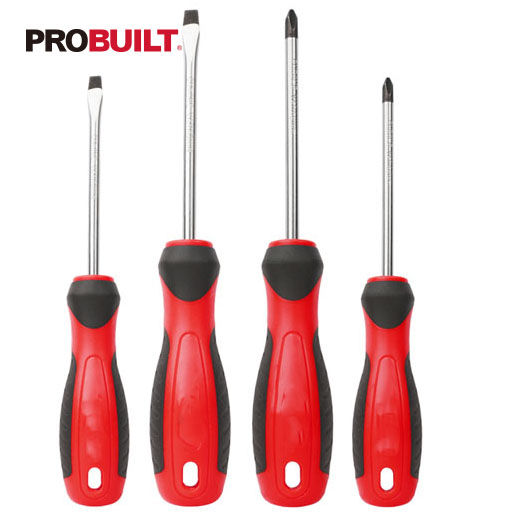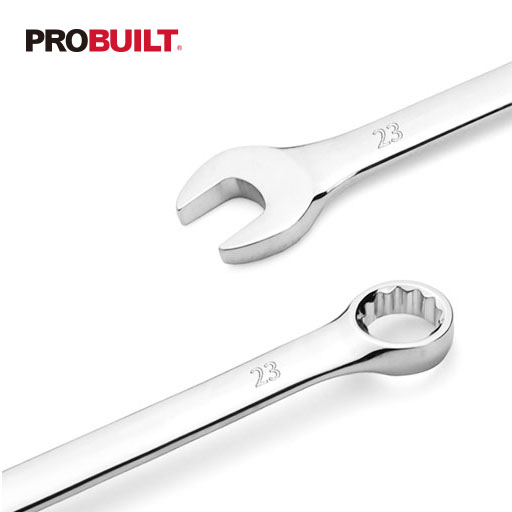+86 311 8533 5186
Hand tools are the backbone of many industries - from car repair to home DIY, mechanical maintenance and construction. The most basic of these tools are screwdrivers and wrenches. While both are basic fastener tools, their applications, mechanisms and variations are very different. This article compares screwdrivers and wrenches from several practical perspectives to help you choose the right tool for your needs.
1. Basic Function
2. Application Scenarios
3. Precision vs. Torque
4. Tool Variants & Versatility
5. Storage and Portability
6. Cost and Maintenance
Screwdriver: Designed to tighten or loosen screws, usually with a slot, Phillips, or other shaped head. It operates by rotational force applied manually or electrically.

Wrench: Used for turning nuts, bolts, and other fasteners, primarily by gripping and applying torque. Common types include open-end wrenches, box-end wrenches, adjustable wrenches, and socket wrenches.

Screwdrivers: Ideal for assembly tasks, electronics repair, furniture installation, and light construction work where screws are the main fasteners.
Wrenches: More suited for plumbing, automotive repairs, heavy-duty construction, and industrial use—especially where bolts and nuts are involved.
Screwdriver: Offers high precision, particularly in electronics and small household items. However, limited in torque capacity.
Wrench: Built to apply much higher torque, making it effective for loosening rusted or tightly fixed nuts and bolts.
Screwdriver Variants: Flathead, Phillips, Torx, hex, ratcheting screwdrivers, and multi-bit screwdrivers. Compact and ideal for detail-oriented tasks.
Wrench Variants: Fixed-size, adjustable, socket, torque, and combination wrenches. Often part of a set to match a wide range of bolt sizes.
Screwdrivers: Lightweight and compact, easy to carry in tool pouches or kits. Some multi-bit screwdrivers save even more space.
Wrenches: Heavier and often bulkier, especially in sets, but indispensable for mechanical tasks.
Screwdrivers: Generally more affordable per piece, with minimal maintenance needed.
Wrenches: Higher initial cost—especially socket or torque sets—but long-lasting if properly stored and lubricated.
Screwdrivers and wrenches each play critical roles in the hand tool world. Choosing between them depends on the type of fastener, required torque, and the task’s precision level. Of course, most DIY enthusiasts or professionals will have both of these tools in their bags.
Contact us for more information on premium screwdrivers, wrenches and custom tool kits.

Copyright © Sinotools Industrial All Rights Reserved.. Technical Support: